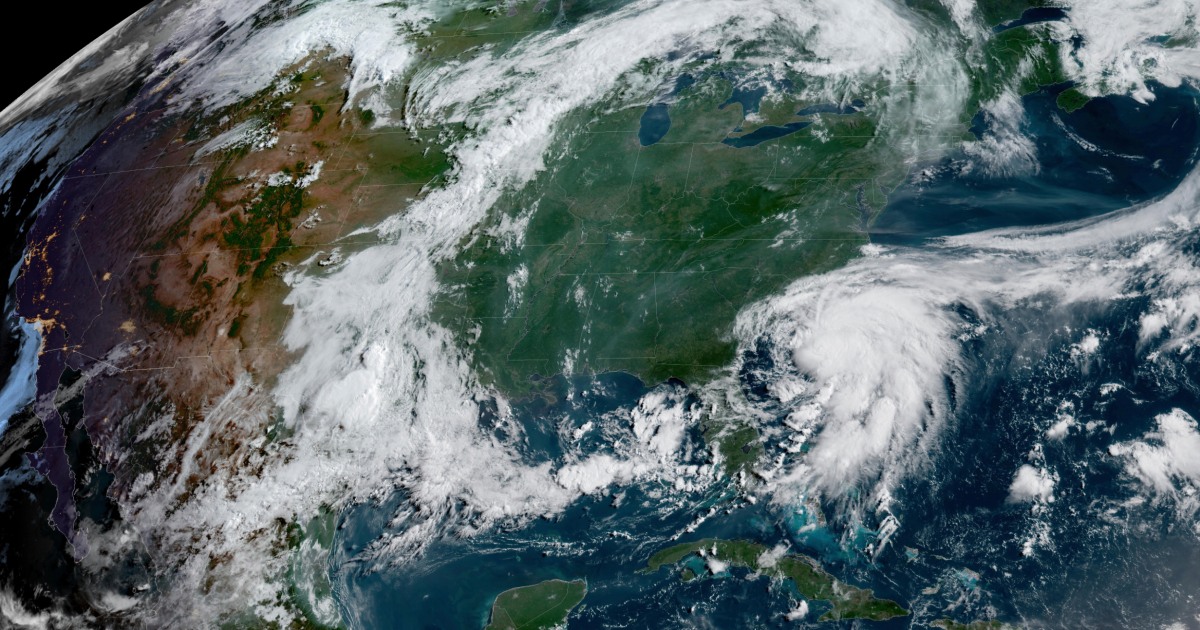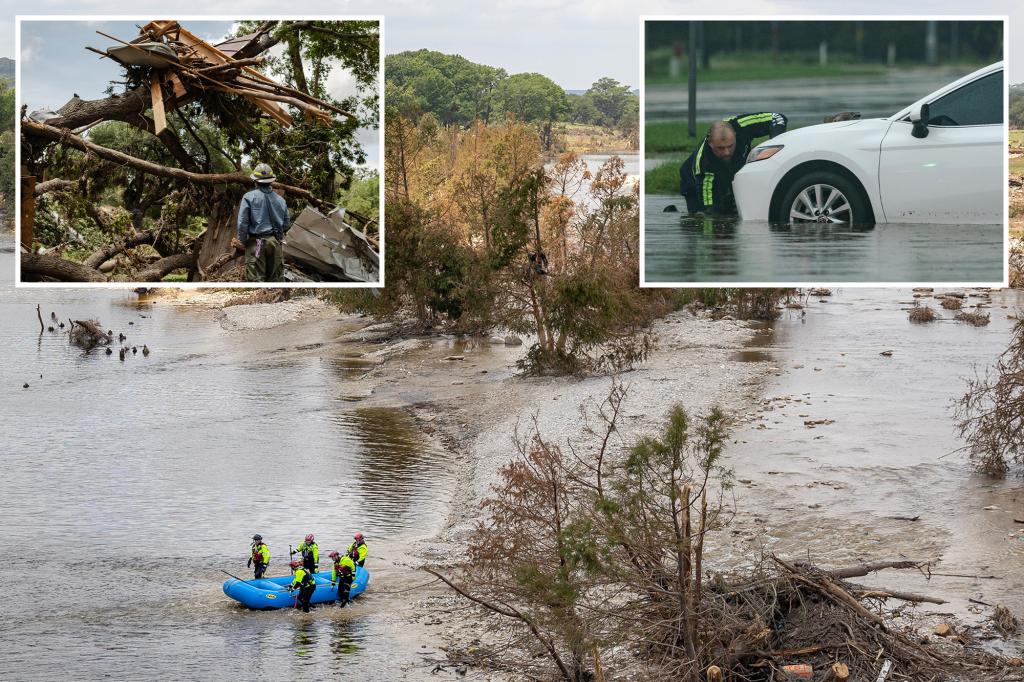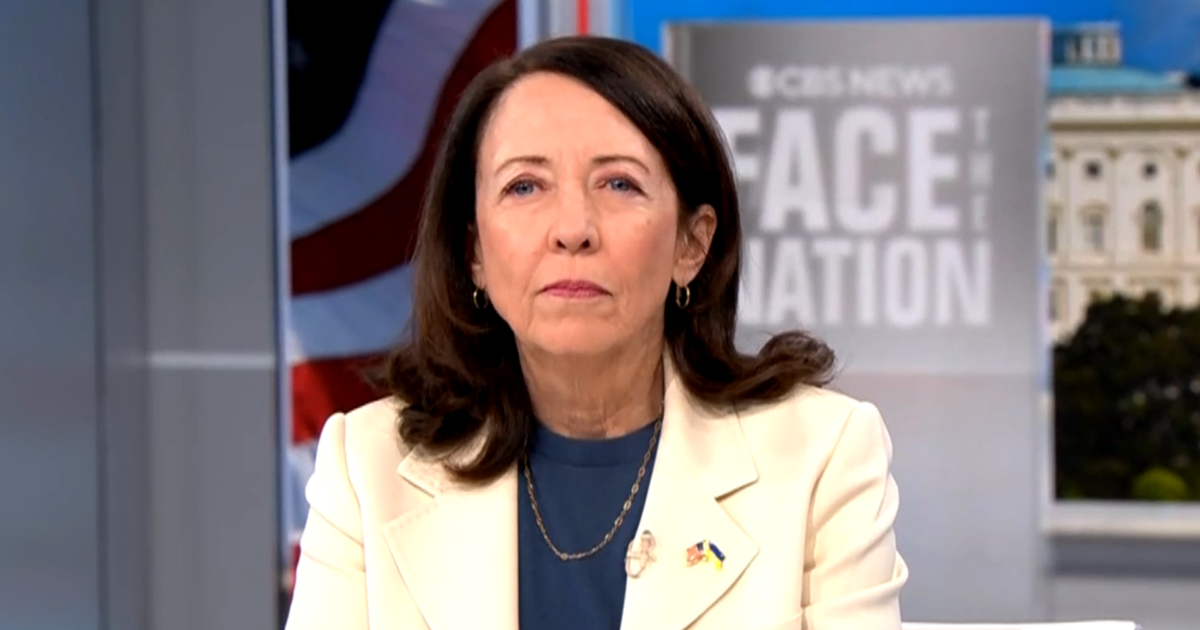Climate Change and Its Impact on Global Food Security
As climate change intensifies, its repercussions on global food security have become increasingly alarming. Reports from the United Nations Food and Agriculture Organization (FAO) indicate that rising temperatures, erratic rainfall, and extreme weather events threaten agricultural productivity worldwide. This situation demands urgent attention as it affects millions, particularly in vulnerable regions.
The Current State of Food Security
According to the FAO, over 811 million people were undernourished in 2020, a number that has only worsened due to the impacts of climate change. The organization’s recent assessments show that agricultural systems are becoming less resilient, with crop yields in many regions projected to decline by up to 30% by 2050 if current trends continue.
“The intersection of climate change and food security poses a grave challenge,” says Dr. Emily Rivera, a climate scientist at the Global Institute for Sustainable Development. “Without immediate action, we risk losing more than just crops; we jeopardize the livelihoods and health of millions.”
How Climate Change Affects Agriculture
Climate change impacts agriculture through various mechanisms, including:
- Temperature Increases: Higher temperatures can lead to heat stress in crops, reducing yields.
- Altered Rainfall Patterns: Changes in precipitation can cause droughts or floods, both of which are detrimental to farming.
- Pest and Disease Proliferation: Warmer conditions can expand the range and life cycle of pests and plant diseases.
- Soil Degradation: Extreme weather can erode soil quality, making it less fertile.
For instance, in sub-Saharan Africa, drought conditions have become more frequent, leading to significant crop failures. The FAO estimates that agricultural production in this region could drop by as much as 50% over the next decade if climate patterns continue to shift unfavorably.
Regional Perspectives on Food Security Challenges
While the impacts of climate change are global, their effects vary by region. In Asia, for example, the reliance on rice as a staple food makes countries like India and Bangladesh particularly vulnerable. “Rice is not just a food source; it’s a cultural staple,” explains Dr. Rajesh Bhatia, an agricultural economist. “If climate change reduces yields, it could destabilize entire economies.”
In contrast, regions like North America may initially experience some benefits from climate change, such as longer growing seasons. However, experts warn that these benefits are likely to be short-lived. “The overall risks far outweigh the potential gains,” Dr. Bhatia adds. “We cannot ignore the intricacies of global food systems.”
Global Responses and Initiatives
Governments and organizations worldwide are beginning to respond to the food security crisis exacerbated by climate change. Initiatives such as the FAO’s “Hand-in-Hand” program aim to support vulnerable countries by enhancing agricultural productivity and resilience.
Additionally, the United Nations Climate Change Conference (COP) has seen increased discussions surrounding agriculture and food security. “We need to integrate food systems into climate action plans,” suggests Dr. Rivera. “This is essential for achieving both climate targets and the Sustainable Development Goals.”
The Role of Technology in Mitigating Risks
Advancements in agricultural technology can play a crucial role in addressing these challenges. Innovations such as drought-resistant crops, precision farming, and improved irrigation techniques are being developed to help farmers adapt to changing conditions. According to a study by the International Food Policy Research Institute (IFPRI), investing in agricultural technology can increase productivity by up to 30% in vulnerable regions.
“Harnessing technology is not just an option; it’s a necessity,” emphasizes Dr. Bhatia. “If we want to ensure food security in the face of climate change, we need to embrace innovation.”
Moving Forward: Action Steps for a Sustainable Future
As the world grapples with the implications of climate change on food security, immediate and sustained action is critical. Here are some recommended steps:
- Policy Reform: Governments should integrate climate resilience into agricultural policies.
- Investment in Research: Enhance funding for research on climate-resilient crops and sustainable farming practices.
- Community Engagement: Involve local farmers in the decision-making process to ensure their needs and knowledge are considered.
- Global Cooperation: Strengthen international collaboration to share technology and resources.
In conclusion, the intersection of climate change and food security presents a formidable challenge that requires a multi-faceted approach. As Dr. Rivera succinctly states, “The time to act is now. Our future depends on it.” Efforts to address these issues will not only safeguard global food systems but also protect the livelihoods of millions across the globe. Engaging in sustainable practices and supporting initiatives aimed at mitigating climate change are vital steps toward ensuring a secure food future.
Call to Action: Stay informed and advocate for sustainable agricultural practices in your community. Together, we can make a difference in combating the challenges posed by climate change.



